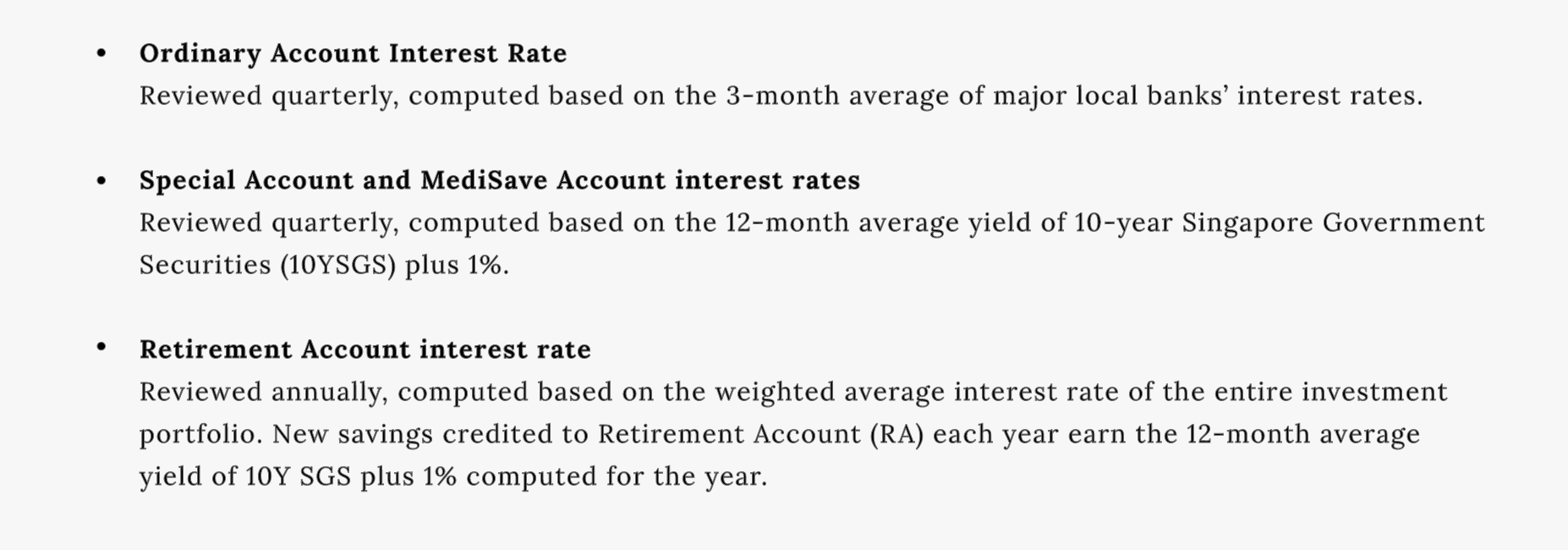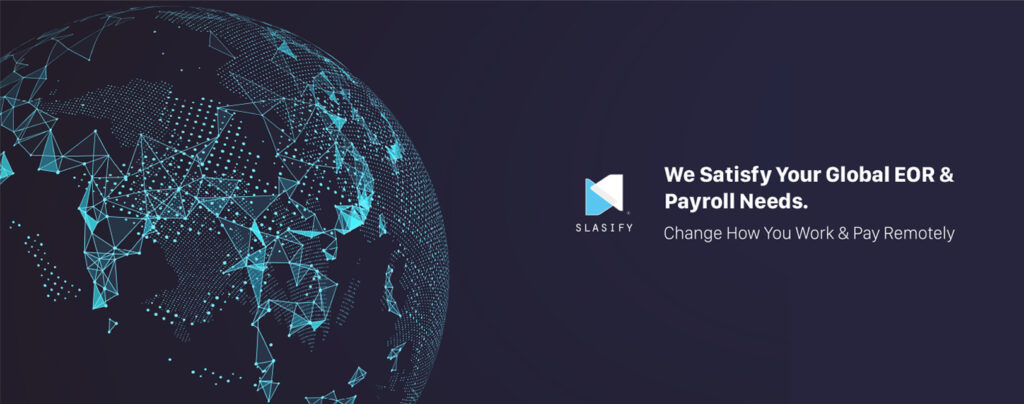Employer Contribution in Singapore
Singapore, known as one of the business hubs in Asia, attracts companies to open their subsidiaries or establish their headquarters due to its geographic and political climate. It offers an abundant supply of quality talent to support business growth, making it one of the most promising regions in the Asia Pacific. As employers who are interested in expanding business Singapore, it’s crucial to be familiar with various local labor regulations. These include Singapore CPF contribution, annual leave Singapore, SDL calculator Singapore, and Singapore work hours. Among these, the Singapore CPF contribution holds particular importance.
When employing talents from Singapore, employers must comply with the local labor law by making monthly contributions towards the Central Provident Fund (CPF) and Skill Development Levy (SDL) for the benefit of their employees. This ensures the employees’ social security and skill development while working in Singapore.

As an employee, you might have noticed some deductions from your monthly gross salary as stated on your payslips. However, as an employer, if you are planning to employ talents from Singapore, there are some monthly contributions that you have to make towards Employee Contributions Fund and Social Security Contribution for your employee’s benefit as required by local labor law in Singapore, namely Central Provident Fund (CPF) and Skill Development Levy (SDL)
To ensure your compliance as an employer in Singapore, let’s take a look at the cost breakdown of hiring a Singaporean talent from the following highlights:
What is the Central Provident Fund (CPF)?
The Central provident fund was established on 11th July 1955 by the Singaporean Government with the hope to help workers save for retirement by contributing part of their monthly income. Until today, CPF is still a mandatory social security savings scheme funded by contributions from employers and employees. Besides, it is a key pillar of Singapore’s social security system and serves to meet retirement, housing, and healthcare needs.
Employers are required to contribute to the CPF contributions for Singapore Citizens or Singapore Permanent Residents (Employment Pass and S Pass holders aren’t included) that earn total wages of more than SGD 50 per month. Every month, employees and employers are required to make a contribution into these three CPF accounts:

The CPF rate for employees aged 55 years and below is 37%. As of 1 January 2023, employers can expect to see some changes in the rates for employees’ CPF contributions aged above 55 years who earn more than SGD 750. The rate will vary for employees who just acquired their Permanent Resident status (Employment Pass and S Pass holders aren’t included), as a progressive rate for the first two years of its acquisition can be expected.

When should CPF contributions be made?
CPF contributions should be made every month before the last day of the calendar month. Enforcement action would be taken against employers who fail to pay by the 14th of the following month. Be sure to save the date to avoid any penalties that can cost some financial loss for your businesses!
Skills Development Levy (SDL)
For all employees working in Singapore, employers are required to pay SDL on a monthly basis. The Skills Development Levy (SDL) is a levy imposed under the Skills Development Levy Act 1979 on employers.
Administered by the SkillFuture Singapore Agency (SSG), SDL collected are channeled to the Skills Development Fund (SDF). The fund then used to support workforce upgrading programmes and to provide training grants to employers when they send their employees to attend training under our national Continuing Education and Training system.
The amount of SDL payable is to be determined in accordance with Section 3 of the Skills Development Levy Act 1979. With effect from 1 October 2008, SDL contributes 0.25% of salaries subject to a minimum of SGD 2.00 with the maximum of SGD 11.25.
Individual Tax Returns
By the first march of the following year, employers are required to prepare Form IR8A and Appendices 8A, 8B, or IR8S for Singaporean employees. Employers with 5 or more employees must file their employment income returns with IRAS through the Auto Inclusion Scheme (AIS).
It is mandatory for all employees to complete IR8A. For employees receiving benefits-in-kind, Appendix 8A must be completed, Appendix 8B must be completed for employees who gained stock options, and IR8S must be completed if CPF excess contributions are claimed.
Tax Clearance and Termination of Employment
If tax clearance is required for your employee, you must file the Form IR21 at least one month before:

Please refer to our step-by-step guide on the tax clearance process. You do not have to submit your employee’s employment income via the Form IR8A or Auto-Inclusion Scheme (AIS) if the Form IR21 has already been filed.
The above highlights are the main scope of contributions that employers need to take on for hiring employees in Singapore. Navigating Singapore’s social insurance and labor acts can be complex, and errors in employer contributions and salary calculations can occur if not handled properly. It is recommended to consult with experts experienced in Singapore’s labor laws and payroll services Singapore to ensure compliance and accuracy.
Slasify is designed for remote worker. We provide payroll calculation, social security payment and tax filing in more than 150 countries around the world, allowing business owners/talents to seamlessly connect with the world. We have practical experience in serving the world’s top 100 companies. If you have relevant needs, please feel free to contact us.
In addition, if you are a “remote worker” or are on the way to becoming a “remote worker”, and if you want to know more about it, you are welcome to visit Slasify’s website. If you have any questions, you are welcome to write an email to us!





One thought on “Employer Contribution in Singapore”